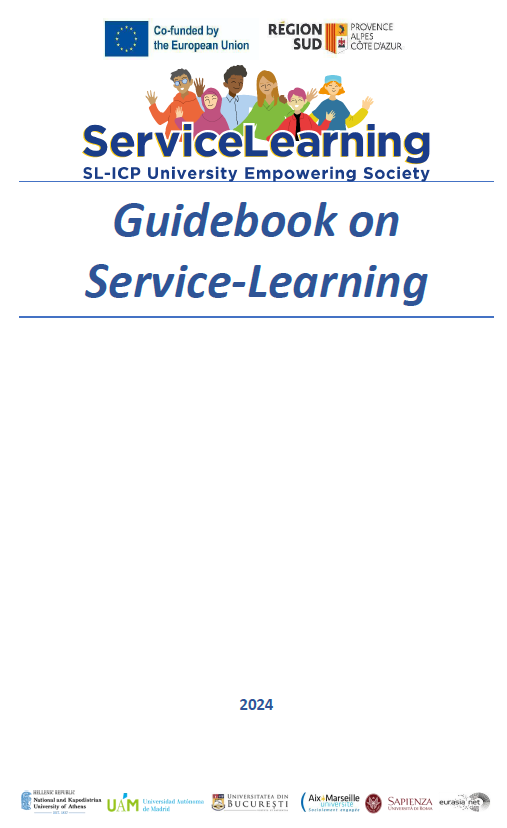
click here to download the Guide on Service Learning!

The project aims at spreading the implementation of Service Learning within European universities and supporting the stakeholders (students, teachers, academic and administrative staff and civil society organisations) to reinforce their collaboration in the higher education system. The innovative learning and teaching practices should support students to gain soft skills and field experiences necessary for the work market.
What is Service Learning?
Service learning approach in higher education is a type of experiential learning method which involves students performing community service, reflecting critically on the experience and learning from it on a personal, social and intellectual level. The initiatives are aimed at enhancing learning in higher education, encouraging civic duty and enhancing community participation within students but also within universities ecosystems.
Our main objectives
● Transfer innovative SL methodologies within European universities, share data and disseminate good practices and key steps to implement SL on the long term
● Encourage teachers and academic staff to become familiar with the theoretical and practical aspects of the SL method in order to adapt and transfer SL innovation projects to European universities
● Reinforce cooperation between universities and civil society organisations
● Support students in their learning process with innovative methods and field experiences
● Support students’ citizenship and involvement on social and environmental issues
The partners
Each partner of the project will work on each activities with the following leaders : Eurasia net (French NGO): management and global coordination of the project University of Athens (Greece): mapping and analyzing current SL practices in partner universities University of Madrid (Spain): training teachers and academic staff to SL methodology and implementation University of Aix-Marseille (France): promoting SL projects at local and european level through events involving the stakeholders University of Bucharest (Romania): creating a guide on the implementation of SL projects and organising a European forum on SL University Sapienza of Rome (Italy): communication, dissemination and evaluation to promote SL teaching
ARE YOU A STUDENT OR A TEACHER? (CLOSED)
Help us to explore the presence and impact of Service Learning activities in your university, by filling out this questionnaire
TEACHERS: https://forms.gle/buDE1iFtYpgCpPbJ6
STUDENTS: https://forms.gle/RQu9CEyo5RiRJpuH6

Service Learning: Project Output
Kick-off Meeting
As part of the Erasmus + strategic cooperation project on Service Learning coordinated by Eurasia net, the first transnational project launch seminar was organised with the five partner universities on January 12 and 13, 2023. It was an opportunity to meet for the first time with the teams who will be working together on the project over the next two years.
Over the course of the two days, we had the opportunity to exchange views on all the project’s activities, to discuss the challenges faced by each partner, and to confirm common objectives
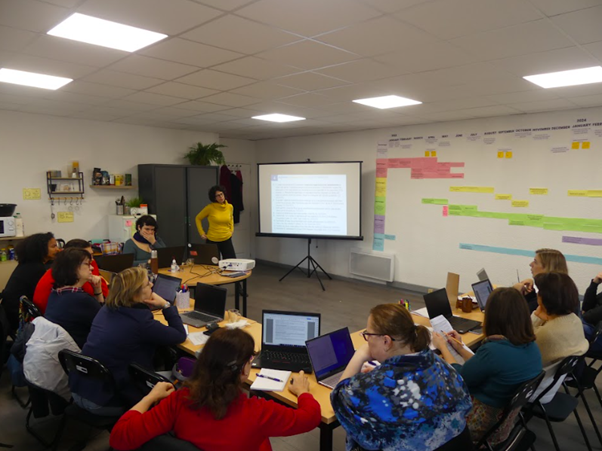
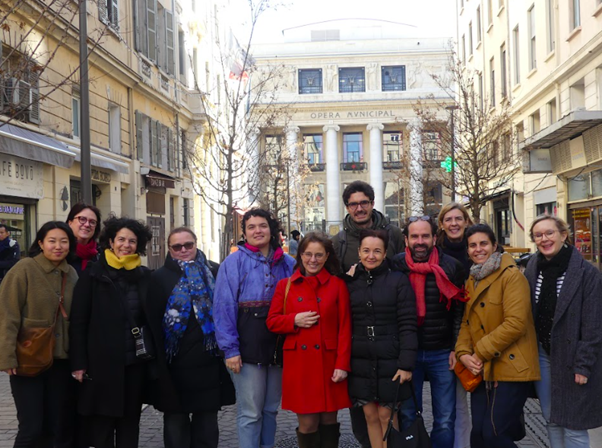
2nd Transnational Meeting
The KA2 SL-ICP project enters its second semester with promising progress. Under the coordination of Eurasia Net, the consortium held its second transnational meeting on April 11 and 12, 2023, remotely bringing together the project's 5 partner universities. The main objective was to consolidate cooperation within the consortium, revise the project guidelines and assess the progress of the project’s stages in order to facilitate implementation.
How far have we got with the project? During the period from February to June 2023, particular attention has been paid to the implementation of work package 2, led by the University of Athens. The aim is to collect data on current Service Learning practices by gathering the experience of students, university staff and representatives of civil organizations. This data collection will enable us to map the diversity of Service Learning practices within the five European partner universities.
At the same time, work package 3, piloted by the Autonomous University of Madrid, carried out one of the activities of the project consisting in the organization of a training on Service-Learning in which more than 50 teachers from European universities participated. These courses were aimed at teachers and teaching coordinators from the five partner universities, and were designed to familiarize them with the theoretical aspects of Service Learning, as well as to promote the integration of this methodology into curricula. The aim was to promote active learning and civic engagement for students as part of their university career.
You can access some of the course materials here:
• Service-Learning key facts
• What is Service-Learning?
• How to design a Service-Learning project
• How to design a Service-Learning project handout
• Template for the design of a Service-Learning project
• Evaluation of project designs
• Small World Initiative
With the success of the second transnational meeting and the significant progress made by the partner universities, the project is well underway.
The next steps will be to consolidate the data collected on Service Learning practices, implement new Service Learning projects, organize events dedicated to the promotion of student engagement and develop recommendations for a better integration of this pedagogical approach within the partner universities.SL-ICP will further explore opportunities for collaboration and exchange within the consortium. The diversity of Service Learning practices identified and the training of teachers and pedagogical coordinators pave the way for a positive change in pedagogical approaches and greater involvement of students in their own learning and in society.
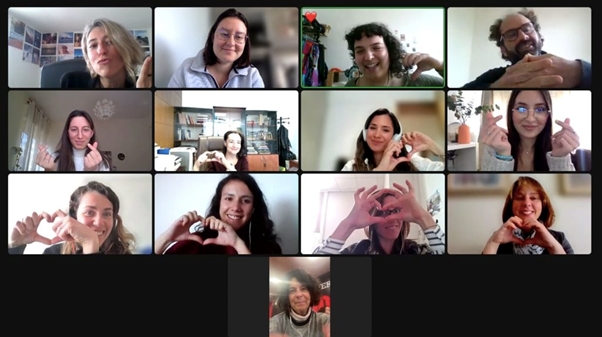
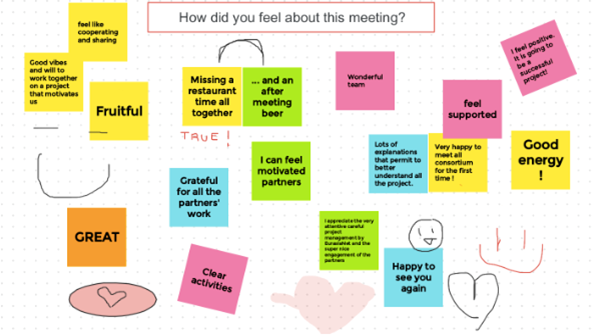
Follow us on our YOUTUBE CHANNEL: https://www.youtube.com/@servicelearningKA2-SL-ICP
Erasmus+ Agency involved: Education and Training, Bordeaux
Project type: Key Action 2 Cooperation Partnership - Higher Education
Project duration: 2 years from November 15, 2022
Contact person: Cristina Giudici

Views and opinions expressed do not necessarily reflect those of the European Union or the European Education and Culture Executive Agency (EACEA). Neither can be held responsible for them.

